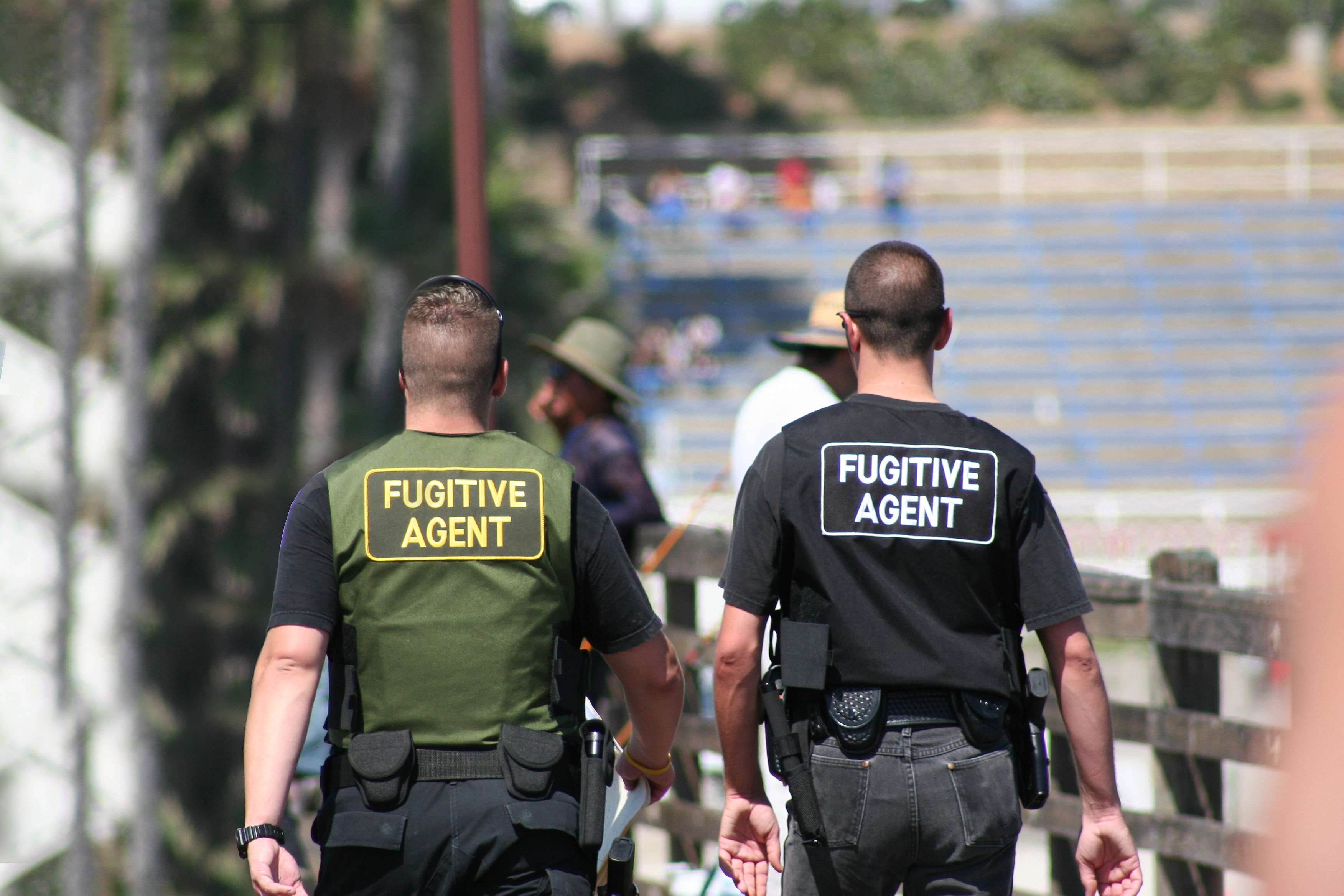
If you’re ever in a situation that calls for bail, it’s time to do some research. This is because bail bonds are complicated and can vary based on the crime, your record, and several other factors. To help get you started, Bail Hotline has thrown together a crash course in bail bonds that covers all the need-to-know info.
What does a bondsman do?
A bond agent (or bondsman) pledges property or money to bail defendants out of jail. Typically, these agencies take a percentage of the bond as payment. Interest fees average between 5 and 10 percent, though a number of factors come into play.
Bondsmen, like the ones at Bail Hotline, work with most clients as long as they have collateral. This may be property, cash, or even a signature based on the severity of the offense. Because the clients are in jail, it is usually a friend or family member who posts bail.
When do you need a bond?
Sureties are issued so people can leave jail. The reason bail is necessary is to “encourage” defendants to go to a court date, typically one in the near future. If a defendant goes to his or her court date, the bail (or collateral) is returned to the person who paid it minus any fees. If the defendant does not appear in court, the bond agency is allowed to recover the bail using other means.
Certain states allow these agencies to retrieve money paid out for bail with bounty hunters. These bounty hunters are usually contracted through a bail agency. In addition, the bond agent can sue people who skip court dates.
If you secure a bail bond and skip the agreed upon court dates, the court may issue a warrant and bonds may be deferred.
All in all, bail provides those in need with the funds to leave jail. The actual cost is based on the alleged crime, the judge, and other factors such as flight risk. After an inmate is booked, the bail amount is posted, which is also the time to seek out a bond agent.
How do I get a bail bond?
The first step is to call a bond agency like Bail Hotline as soon as an inmate’s bail cost is set. Most bail bonds last for an entire year, too, which is more than enough time in most cases. The fee is determined by the bail amount. For instance, a $5,000 bond will cost the co-signer (friend or family member) $500 as long as the defendant appears in court.
It is rather easy to get a bail bond, too. If you have any questions, refer to an expert bail bond agency.